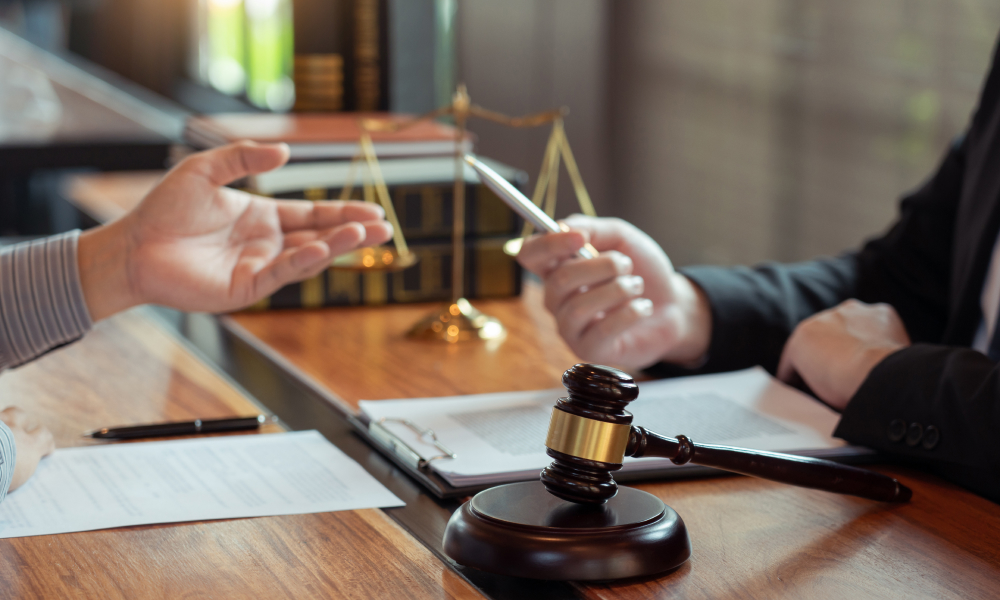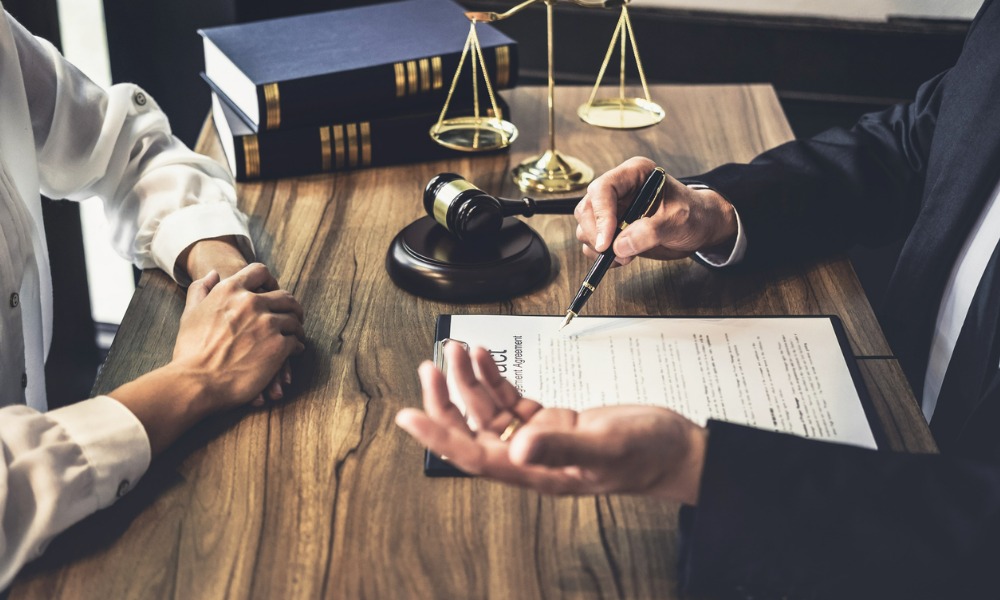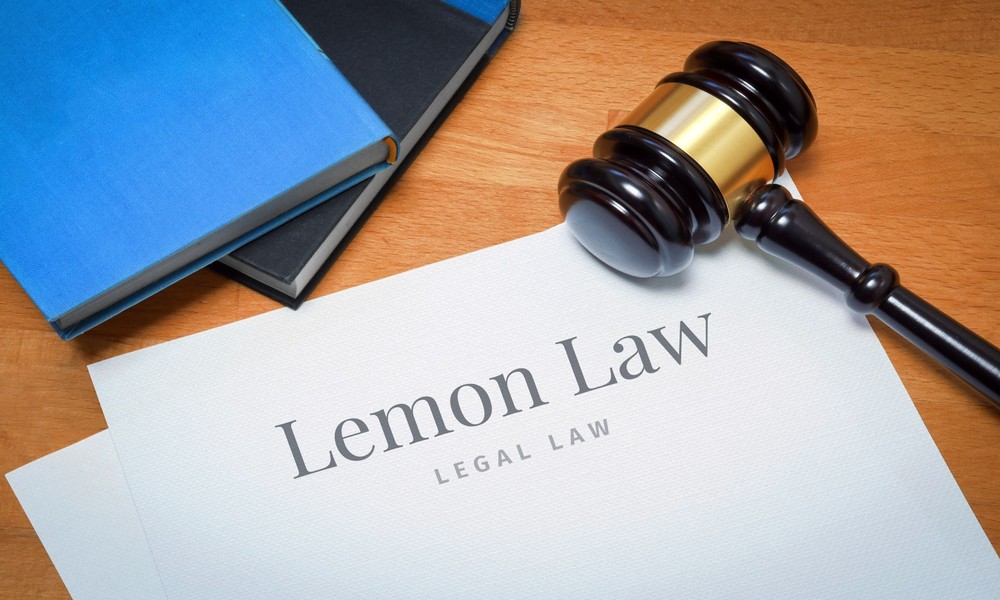Being charged with a crime is an incredibly scary and stressful experience. You may feel overwhelmed, anxious, and unsure of what to do next. Your first meeting with a defense lawyer is crucial in building your case strategy and understanding your options proper preparation for this initial consultation the most of your time with the attorney. Look for those who specialize in the area of criminal law related to your charges. For example, if you are facing drug charges, find lawyers experienced in defending drug crimes. Ask friends and family for referrals or look online at reviews and bios. Narrow down your list to a few qualified candidates before contacting their offices. They are researching lawyers; look for experience, track record with similar cases, bar admissions, certifications, and client reviews. The lawyer’s background and experience will influence how well defend you. Also, consider logistics like location and availability when researching to find a criminal defense lawyer who is readily accessible.
Compile relevant documents
Before meeting with an attorney, collect and organize any paperwork related to your case. This includes copies of charges, arrest reports, warrant information, police reports, eyewitness statements, investigation records, and any other documents. Providing your Brampton local criminal lawyers with a comprehensive file early on will allow them to fully understand your case details from the start. From police records, identify flaws, procedural issues, or inconsistencies to help build your defense. Bring printed or digital copies of these documents to your first meeting. Also gather relevant personal documents the attorney may need like your employment records, bank statements, medical history, phone records, and insurance information. This information helps construct your background and timeline of events leading up to the charges.
Write down a detailed timeline
To collecting documents, you should handwrite a thorough timeline of events related to your case. Start with the days or weeks leading up to your arrest, detailing what happened and your role. Be honest and accurate. Then include all events following the arrest like your booking, bail hearing, release, and filing of charges. Making your handwritten timeline allows you to thoroughly recall what happened from your perspective. Your memory and account of events are key to building a strong case. Providing this comprehensive written timeline to your lawyer right away gives them an accurate overview from your point of view. Keep a copy for yourself as a reference.
List your questions
It is normal to have lots of questions at the beginning stages of your case. Write down all your most pressing questions beforehand so you remember to ask them at the meeting. Important questions may include:
- What are the next steps in fighting my charges?
- What is your experience with similar cases and what strategies may apply to mine?
- What are the potential penalties I face if convicted, including jail time?
- What options do I have for negotiating with the prosecutor or getting charges dropped/reduced?
- How strong is the prosecution’s case and evidence against me? What are the weak points?
- Will you hire private investigators to work on my defense?
- How much will you communicate with me throughout the process?
- Do you think my case could go to trial?
Having a list prepared prevents forgetting key questions during an understandably stressful and overwhelming meeting. It also shows the lawyer you are engaged and want to actively participate in building your defense strategy.











